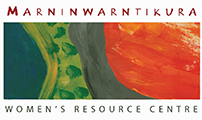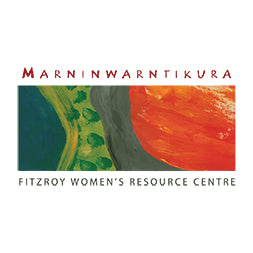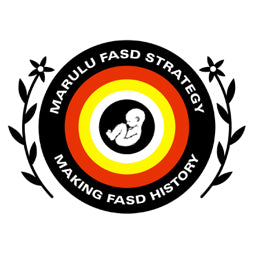Marulu Strategy

Marulu, a Bunuba word meaning “worth nurturing”, has been set up to create a community response to FASD (Fetal Alcohol Spectrum Disorders) and trauma in the Fitzroy Valley. Led by community organisations Marninwarntikura Women’s Resource Centre and Nindilingarri Cultural Health Service, it is a collaborative effort involving a number of essential partners. We work with research institutes such as Universities and Telethon Kids Institute to build the evidence base and understand more about FASD and Trauma. We are looking for innovative ways to support children and families and make sure complex needs across a lifespan are met in ways that enable aspirations to be realised.
The Marulu Unit at Marninwarntikura Women's Resource Centre in Fitzroy Crossing was set up to respond to the findings of the Lililwan Study and support families living with FASD.
The Marulu Strategy
The Marulu Strategy is a comprehensive community plan designed to Make FASD History.
Overview of Marulu Strategy (visit Marulu strategy website)
In the years between 2005 and 2010 Grandmothers started to notice behaviours and characteristics of young children that they had never seen before. A group of women in collaboration with the George Institute of Public Health and The University of Sydney started a prevalence study to document the extent and nature of FASD in the Fitzroy Valley and build the community's understandings of the harms alcohol was having on our children.
The Lililwan Story
Lililwan means 'all the little ones' in Kimberley kriol. The Lililwan FASD Prevalence Study commenced in 2010 as a partnership between Nindilingarri Cultural Health Services, Marninwarntikura Women’s Resource Centre The George Institute of Global Health, the University of Sydney. This population-based study was the first of its kind in the world. Parents and carers of 108 children born in 2002 and 2003 took part in the study. The prevalence of FASD was shown to be amongst some of the highest rates in the world.



